Member of the Month: Sung S. Park
Sara Curran, Selena Ortiz, Muntasir MasumSung S. Park is a Sloan Postdoctoral Fellow of Aging and Work at Harvard University. As a sociologist and demographer, she studies how social relationships contribute to population-level inequality. Her research focuses on the family’s role as a safety net for racial minorities, racial/ethnic disparities in work and employee well-being, and the role of kin networks within and across borders for immigrant incorporation. Her work has received media attention from the New York Times and the Population Reference Bureau. She holds a PhD in Sociology from UCLA.
You can follow Sung on Twitter @sung_s_park
Please share how your work relates to the issues and concerns that are emerging as a result of the COVID-19 pandemic.
I have examined how caregivers have been affected by COVID-19. In recent work covered by the New York Times, I showed how caregivers, particularly those who have been taking care of loved ones for protracted periods (greater than one year), are affected across multiple health domains, compared to non-caregivers. I am now extending this work to study the stress and pressures faced by middle-aged and older minorities (including but not limited to African Americans, Hispanics, and Asians) before and during the course of COVID-19, in contrast to non-Hispanic Whites. I also summarize the consequences of these pandemic-related circumstances for disparities in population health.
We’d like to hear your thoughts and understandings about how COVID-19 disproportionately impacts vulnerable communities, such as the homeless, undocumented, low-income, and racial/ethnic minority populations.
Enduring structural inequalities in the United States by race/ethnicity and nativity have only become more apparent during COVID-19, as minorities have experienced significant health and economic challenges that far exceeded those observed among non-Hispanic Whites. COVID-19 also further magnified the weak U.S. social safety net. Consistent with my prior work about racial disparities in the availability and use of economic resources from family during times of crisis, a Pew Research Center survey found that African Americans and Hispanics, who were more likely to experience financial distress during the pandemic, were also more likely to borrow money from family. Along with the health impacts, it will be important to investigate the long-term effects of pandemic-related economic changes for these vulnerable communities.
Tell us about your professional journey.
My professional journey has been non-traditional, and speaks to the challenges working-class students face in pursuing academic careers. After college, I chose to work in the private sector as a data scientist, largely for financial reasons related to family circumstances and student loans. After paying off these debts and experiencing economic stability for the first time, I felt free to pursue my intellectual interests. Given my strong concerns about racial/ethnic inequality and social justice, while working full-time, I enrolled in evening courses to explore ways I could study these issues. I was most compelled by Sociology because of its focus on the perpetuation of inequalities from a “systems perspective” and eventually entered the doctoral program in Sociology at UCLA. I pursued a concentration in family sociology and social demography, which allowed me to examine how societal inequalities can either be reinforced or alleviated by one’s family origin and social relationships. Furthermore, I explored how inequalities are manifested among aging racial minorities, and what this means for their families and communities. Coupled with my postdoctoral training in population health at the Harvard Center for Population and Development Studies, I have been able to integrate social, economic, and epidemiological perspectives to studying racial/ethnic disparities over the life course. I feel incredibly fortunate to spend my time now working to identify and understand the structural inequities that Americans face today.
What is the general focus of your current research?
I evaluate how two social institutions, family and work, affect disparities in aging. I think about the aging process holistically, by looking at multiple dimensions: cognitive functioning, physical functioning, mental health, and economic well-being. I also continue to examine the financial and family-related consequences of COVID-19 for racial/ethnic minorities including immigrants.
Can you summarize for us something you’ve been working on recently?
Motivated by the persistent racial/ethnic disparities in well-being, rising demographic diversity in the U.S. workforce, and a rapidly changing work landscape, I am researching how the effects of psychosocial work conditions among employees who share the same workplace vary across racial/ethnic groups and by nativity. I also investigate whether these differential effects persist over time to contribute to inequalities in employee well-being, and assesses the implications of these changes in employee well-being for their family relationships. Additionally, I have been analyzing how family ties impact the economic integration of immigrants over time, from the job search process to longer-term occupational mobility.
How is interdisciplinary work necessary for the topics you study?
My non-academic work experience has likely made me more receptive to interdisciplinary work, as industry projects are typically highly cross-functional and require cooperation from coworkers with vastly different roles and priorities. In my academic work, I have learned a great deal collaborating with my colleagues in other fields because I find the diversity of perspectives stimulates conversation and ultimately strengthens the final product. I also recognize the value of interdisciplinarity from my exposure to the work of community-based researchers, who have generated insights and actionable recommendations for the benefit of multiple communities of color and hard-to-reach populations. In independent work, I have relied on research from other areas such as occupational health psychology and management to examine disparities in employee well-being. Finally, as it relates to teaching social science courses, it became clear to me that the more one is able to compare and contrast approaches to studying a topic from different disciplinary perspectives, the easier it is for students to understand and apply concepts. IAPHS has also been a valuable resource for me to learn how others approach interdisciplinary work, especially through an intersectional lens.
We’d love to hear more about your personal interests! What’s your favorite non-fiction book?
Musicophilia: Tales of Music and the Brain
Hobbies?
During the dissertating period of graduate school, without understanding the magnitude of the challenge before me, I decided to learn how to play the violin. To date, I am still a beginner, but I try to practice when I can. I also spend time drawing and sketching.

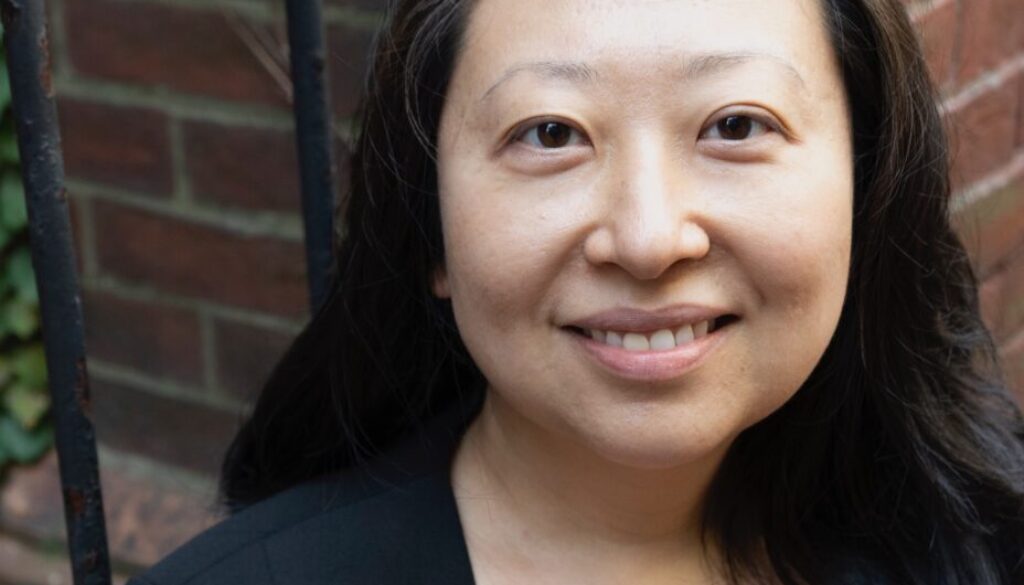
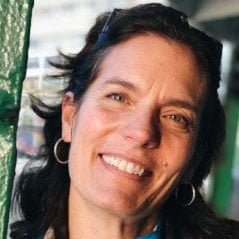
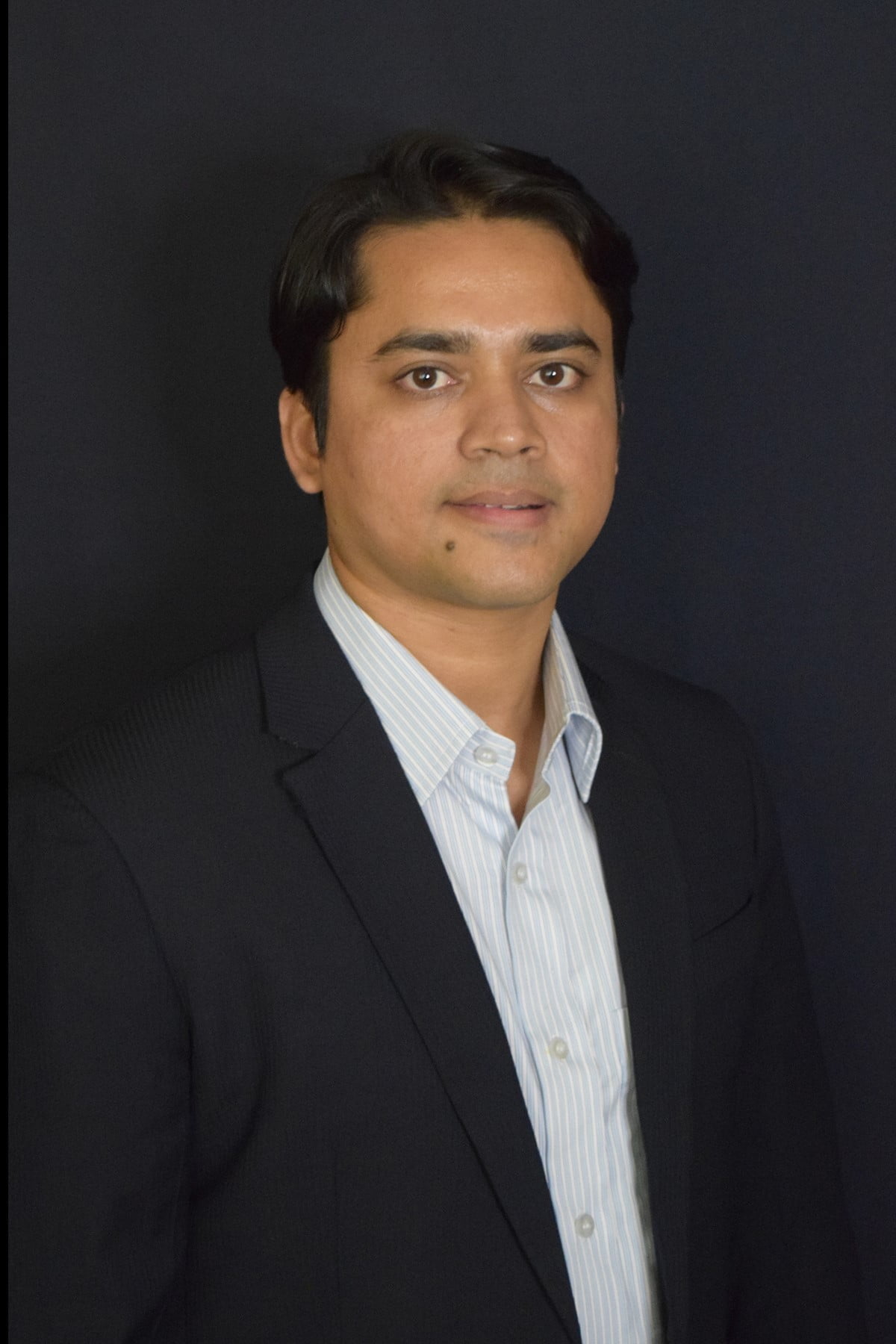
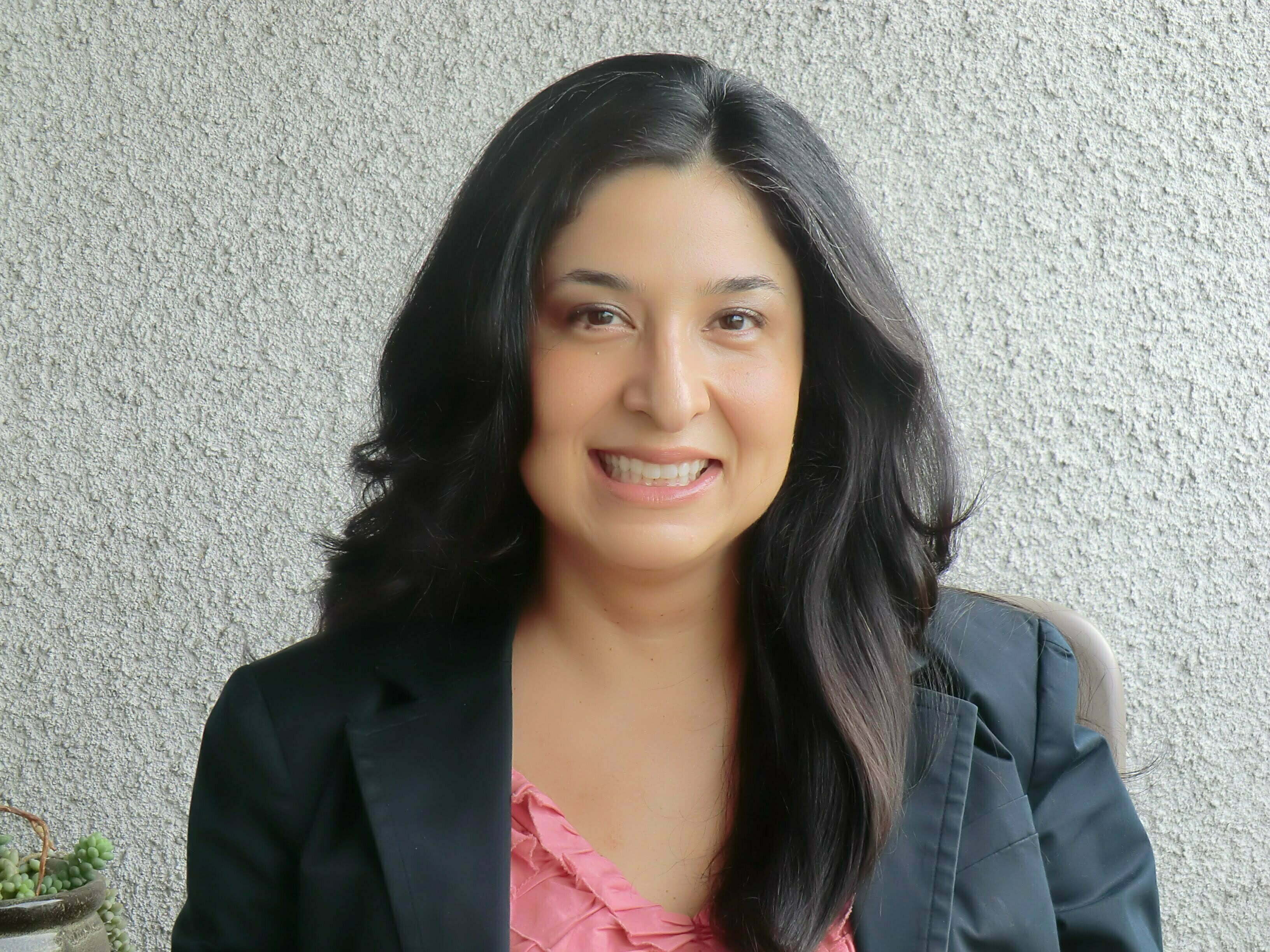
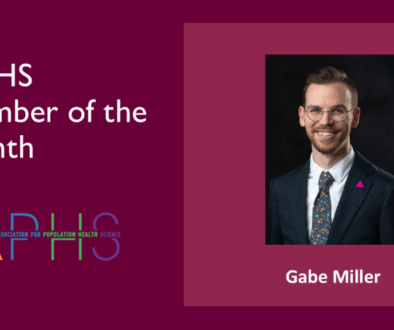
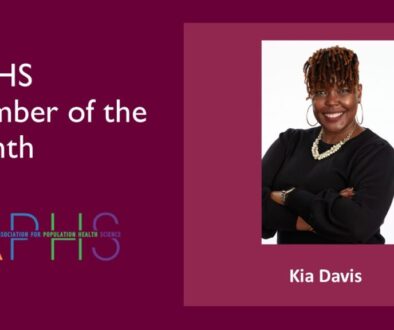

All comments will be reviewed and posted if substantive and of general interest to IAPHS readers.